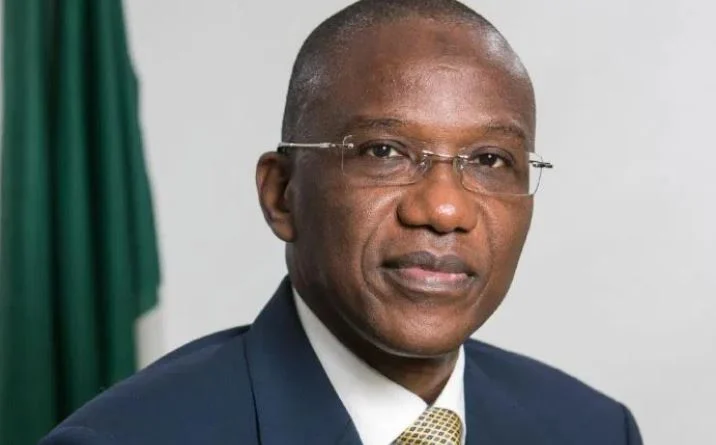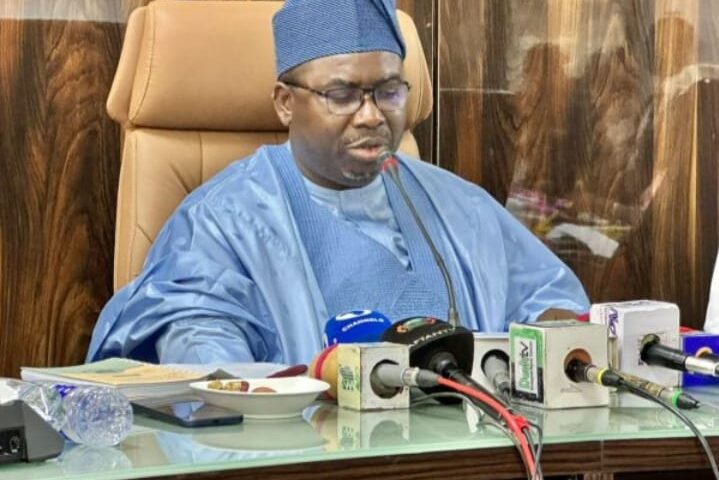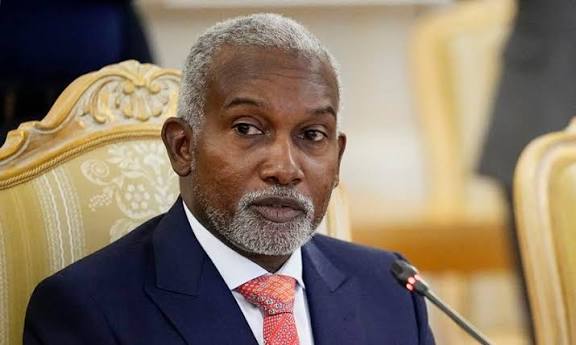The Federal Government has banned fuel tankers above 60,000 litres from plying the Nigerian roads.
The Nigerian Midstream and Downstream Petroleum Regulatory Authority (NMDPRA) disclosed this to journalists in Abuja on Wednesday that the action will take effect on March 1,2025.
Besides,the agency specified that no truck with over 45,000 litres in capacity will be allowed to load products by the fourth quarter of 2025.
Ogbugo Ukoha, NMDPRA Executive Director, Distribution Systems, Storage, and Retailing Infrastructure, explained that measure the was necessary in response to the increasing number of road accidents involving heavy-duty petroleum tankers.
”The first stakeholder’s technical committee met today to drill down and put timelines for about 10 resolutions that had been taken on how to drive down the significant increase that had been observed in relation to trucks and transit incidents and fatalities, ” he added.
According to him, sequel to deliberations involving key agencies including the Department of State Services (DSS), Federal Fire Service, Federal Road Safety Corps (FRSC), National Association of Road Transport Owners (NARTO), National Union of Petroleum and Natural Gas Workers (NUPENG), Standards Organisation of Nigeria (SON), the Depot and Petroleum Products Marketers Association of Nigeria (DAPPMAN), Nigerian Midstream and Downstream Petroleum Regulatory Authority (NMDPRA), it was agreed that from March 1, 2025, any truck with an axle load of more than 60,000 litres of hydrocarbon will not be allowed to load at any depot.
”The important thing about this is that, for the first time, consensus was built amongst all stakeholders, and we’re continuing to encourage that we will work together cohesively to deliver a safe transportation of petroleum products across the country,” he said.
He dismissed recent claims questioning the quality of fuel in circulation across the country, describing them as bogus, misleading, and unscientific.
He promised Nigerians that all imported and locally refined petroleum products meet strict regulatory standards before being released into the market.
He vowed that his agency will ensure compliance with petroleum industry standards and specifications, adding that recent social media claims about the quality of fuel products in circulation are baseless and should be disregarded.





















